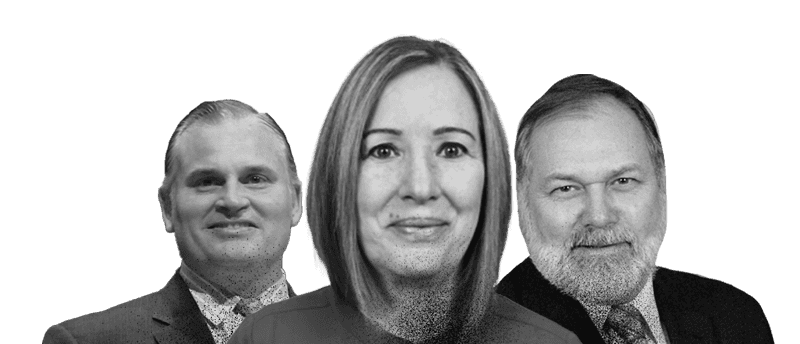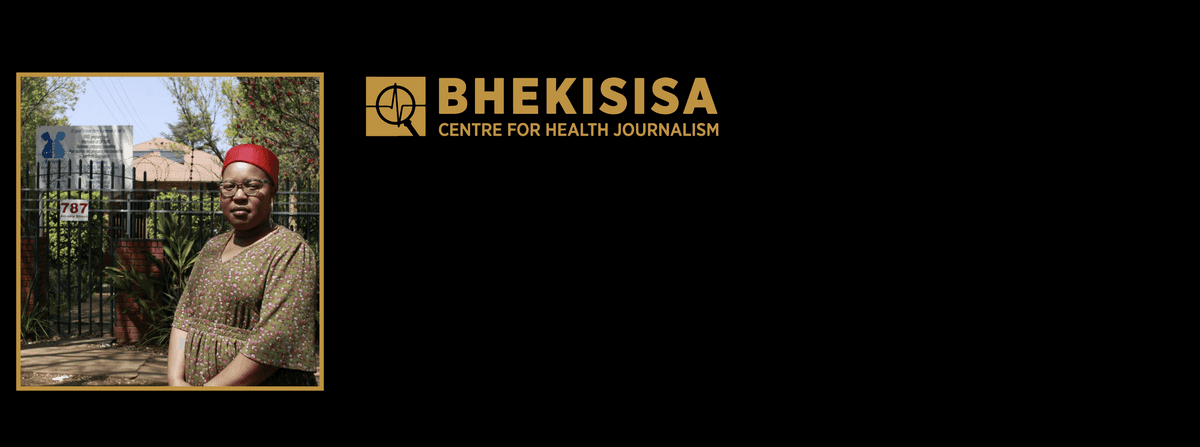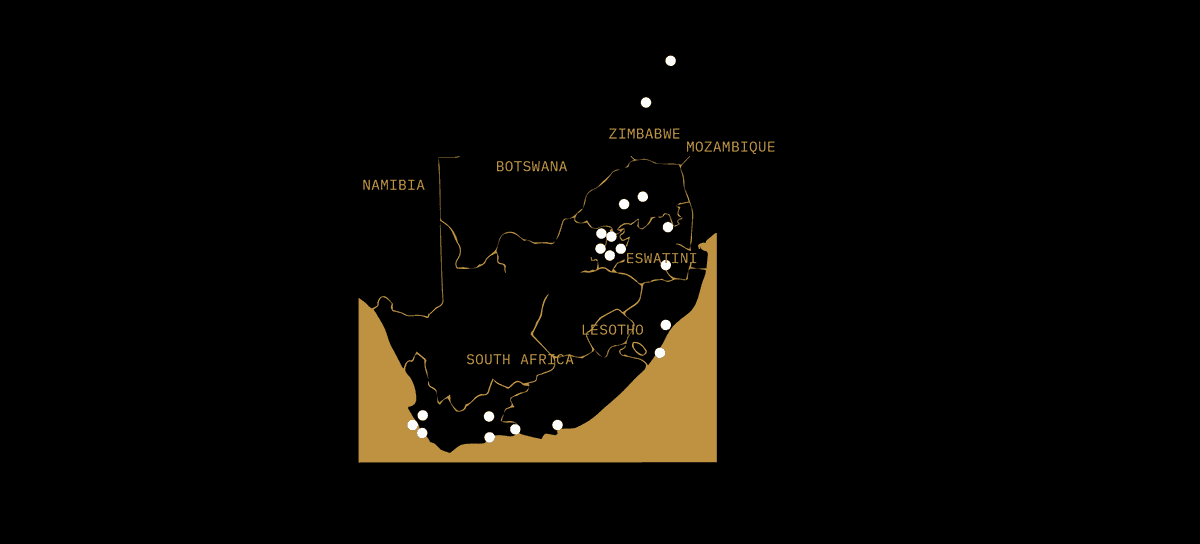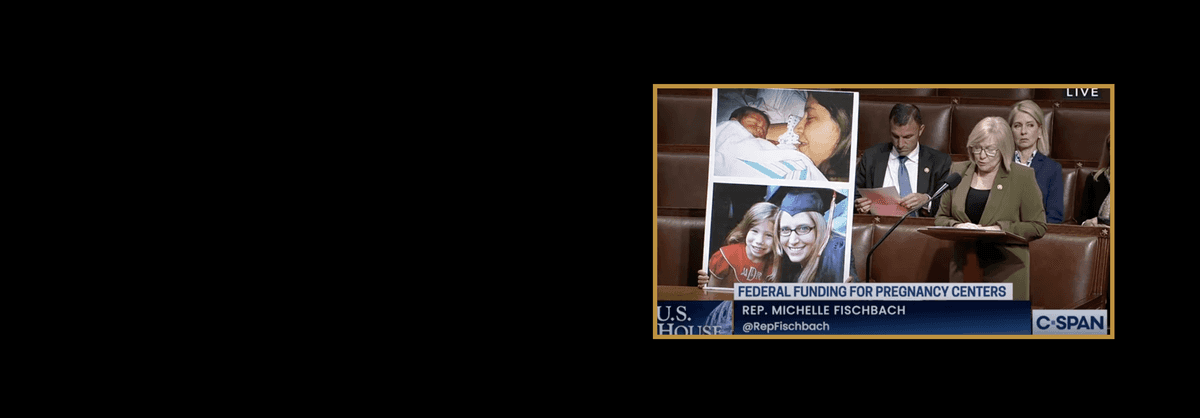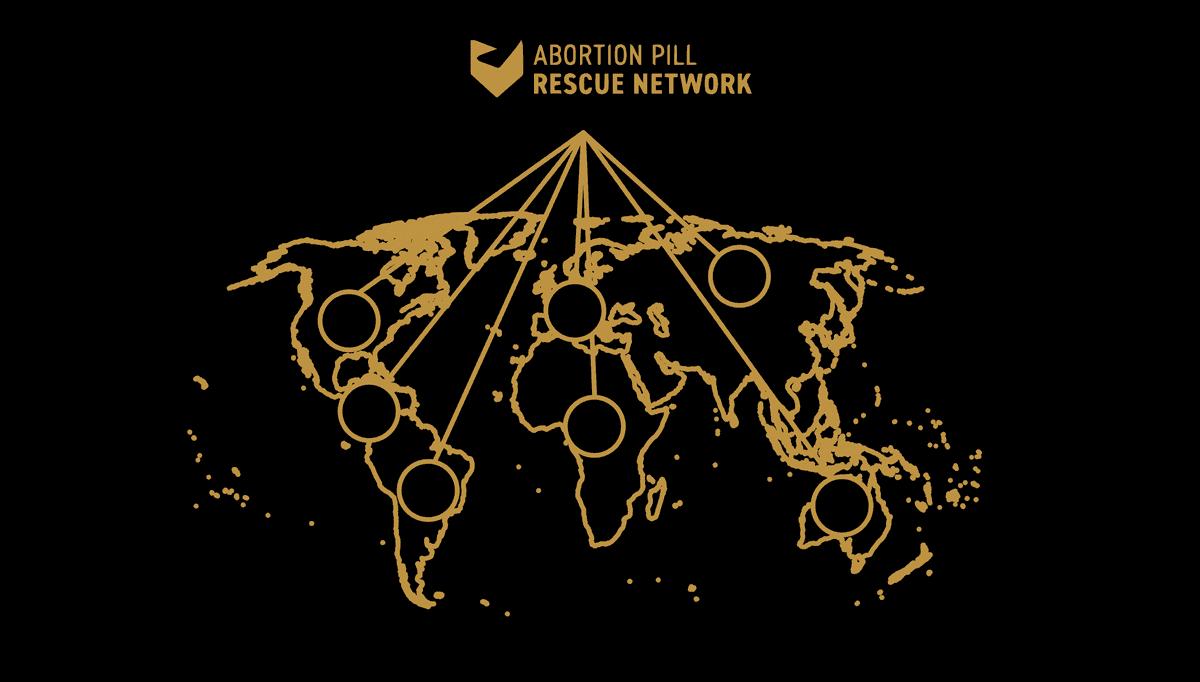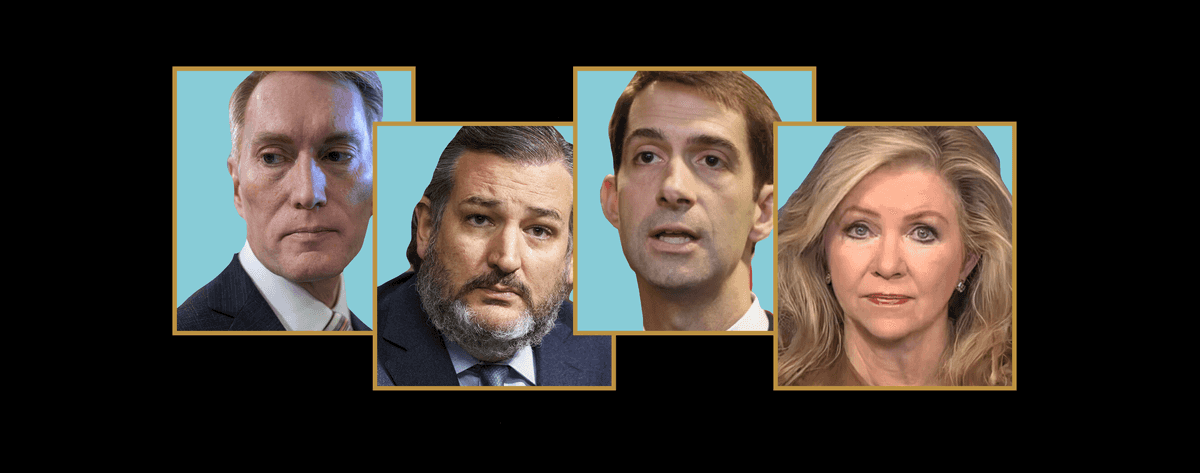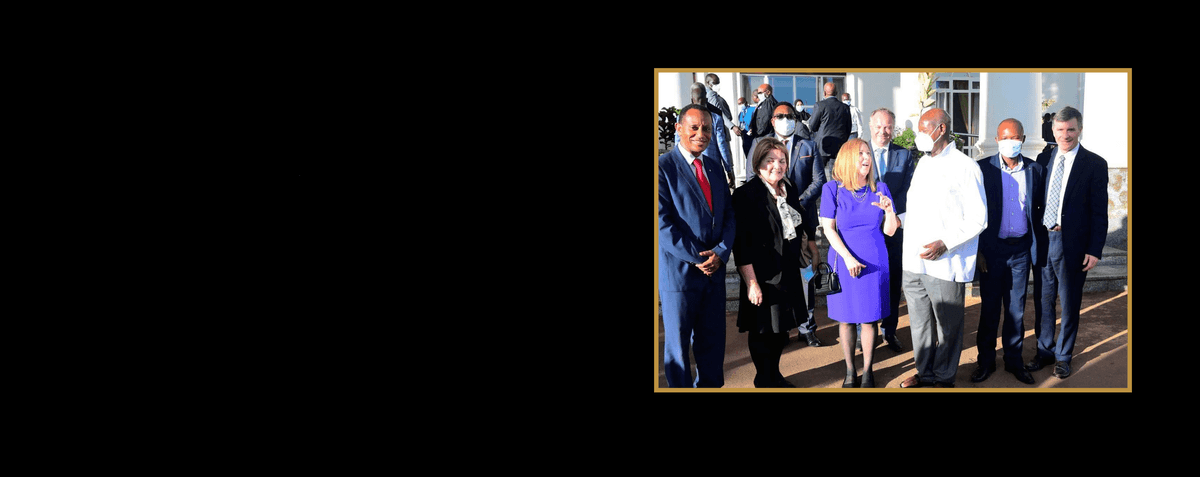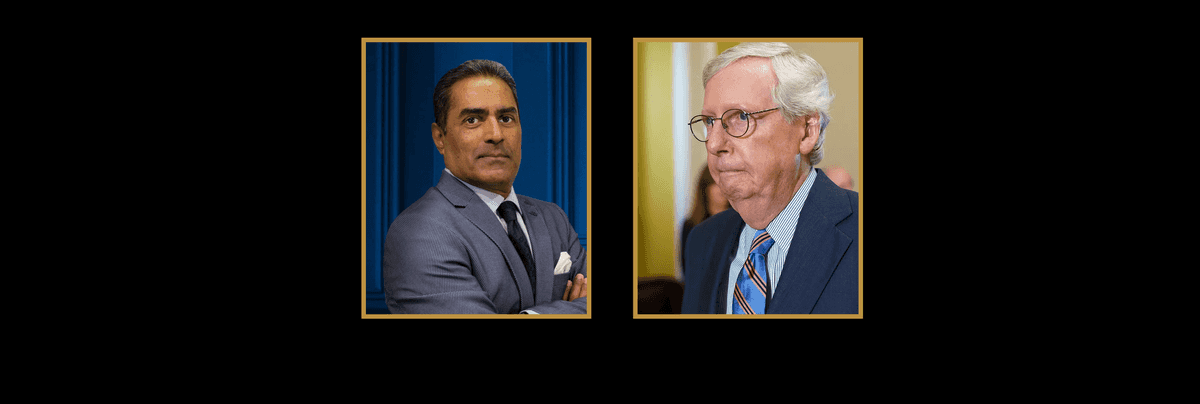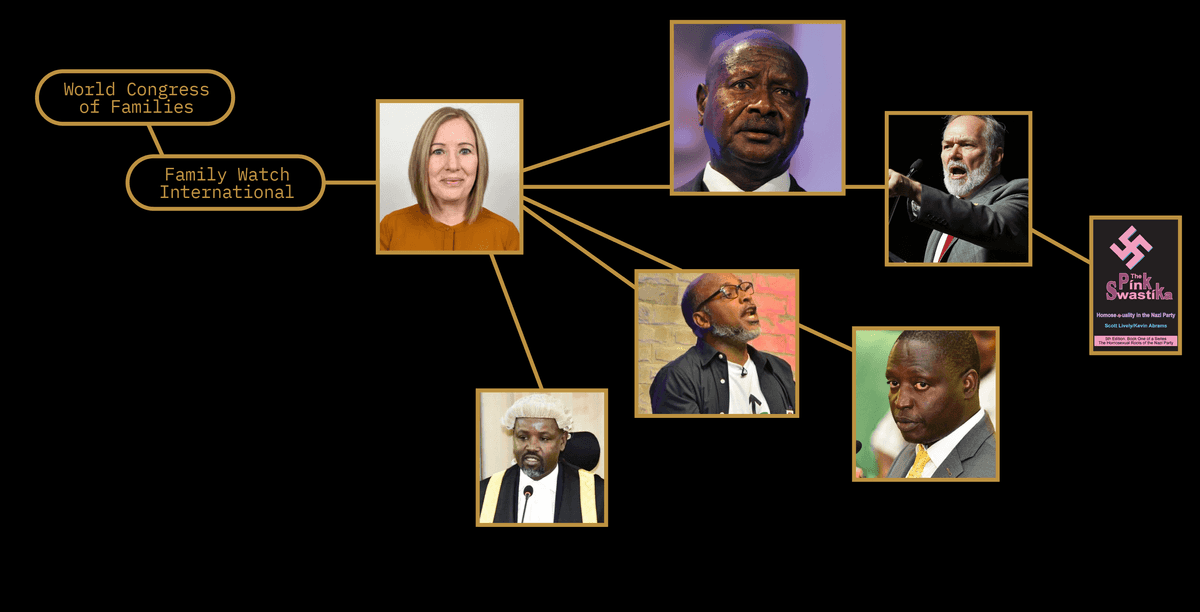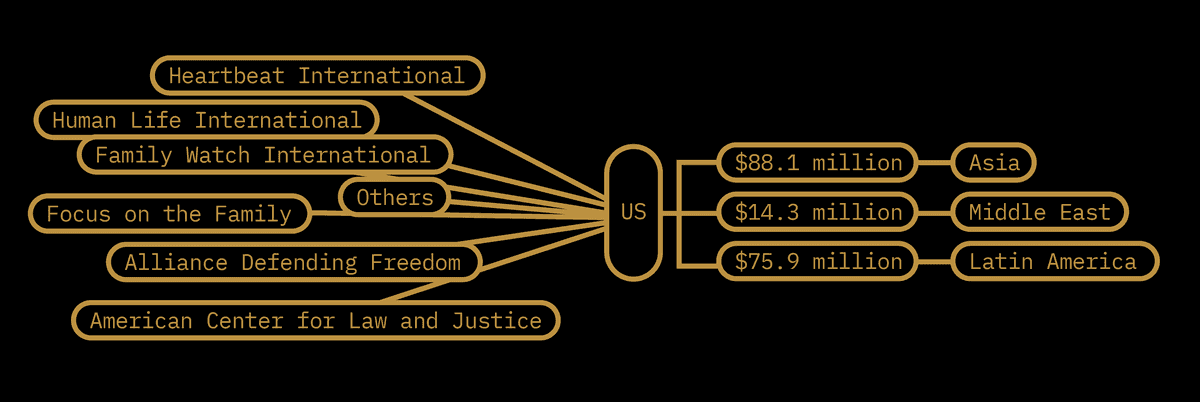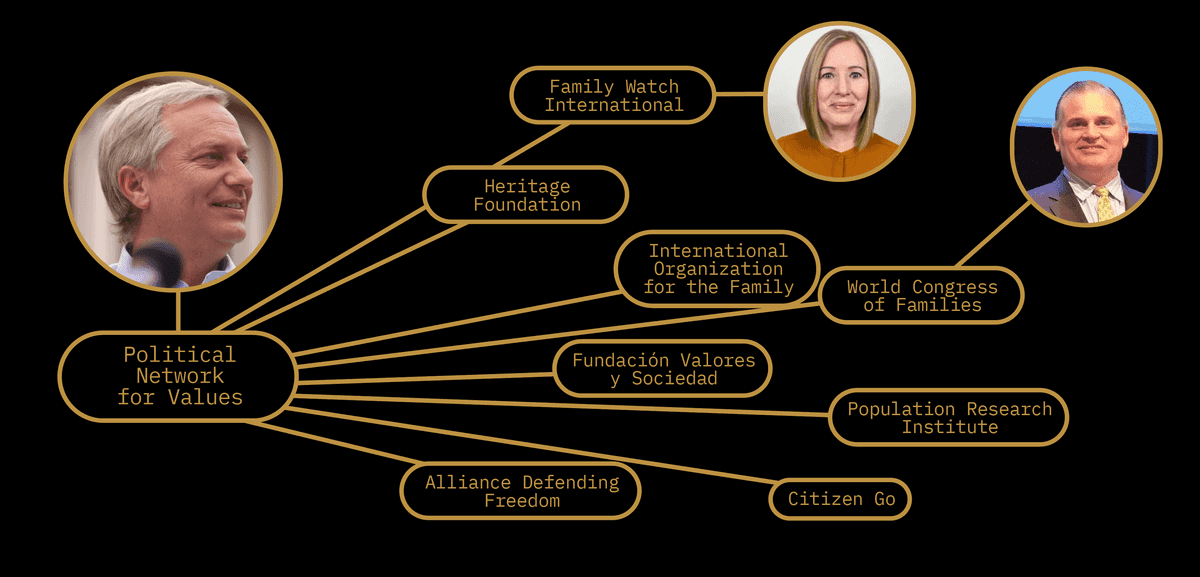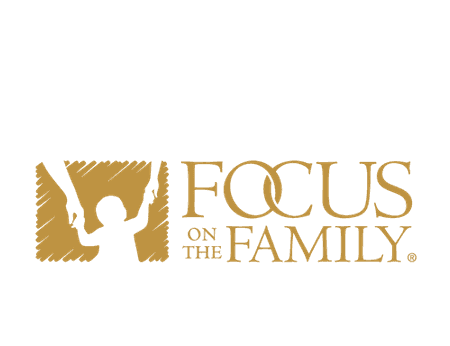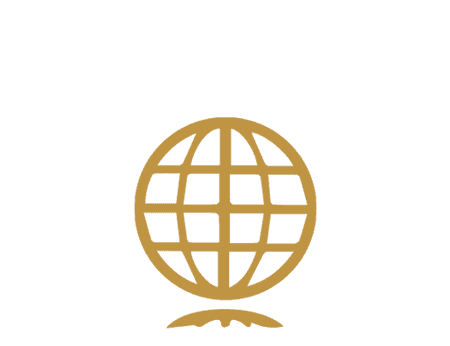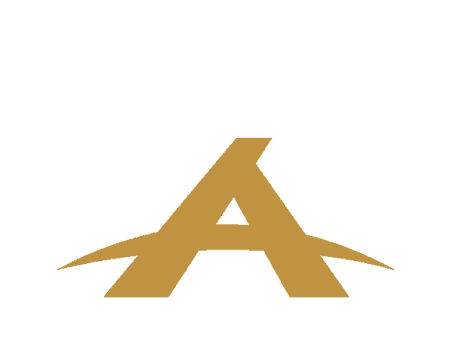Introduction
From vast, misinformation-peddling networks of ‘crisis pregnancy clinics’ to conferences convening and coaching anti-LGBTQ+ legislators, the US religious right is exporting ‘family values’ around the world under the veil of anti-colonialism and national sovereignty.
Often, this is an illegal imposition. In countries like South Africa, ‘crisis pregnancy centers’ masquerade as abortion-providing clinics while illegally counselling women against abortion services. In Ecuador, US-affiliated evangelical organizations actively support conversion therapy—a practice Ecuador recognizes as torture. Elsewhere, these groups fan the flames of homophobia and anti-abortionism, providing leaders in the Global South with strategies and misleading information linking homosexuality and abortion to pedophilia. Beyond these straightforward conferences, conservative religious groups spread misinformation online and in person, fear-mongering and poisoning public sentiment.
After fanning the flames of anti-LGBTQ+ rhetoric and laying the groundwork for legislation in countries like Ghana and Uganda, evangelical organisations shirk their responsibility and decry their African affiliates for going ‘too far’. The reality is that the legislation and human rights abuses grabbing headlines are the present-day manifestations of a decades-long campaign to enforce the Christian ‘natural family’ worldwide. This enforcement has material, often violent effects on its principal targets: women and LGBTQ+ people worldwide. South Africa is but one example of the work done by this larger network.
Pregnancy Crisis Centers in South Africa
In 2018, an undercover reporter with Bhekisisa entered Amato Pregnancy Counseling Centre in Arcadia, Pretoria, posing as a young woman seeking an abortion.1 The center, run by Amato, advertised itself as providing women with information on their options. Despite this advertising, the reporter was denied information on where to obtain an abortion. Instead, she was asked what would have happened had Nelson Mandela been aborted and told that abortion would be ‘murder’. The clinic volunteers also warned her about the risks of ‘post-abortion syndrome’, a condition its proponents claim is characterised by PTSD-like symptoms such as nightmares and depression, all fuelled by regret or abortion-induced trauma. Medical practitioners find no evidence for the existence of this condition.2
Two years later, undercover reporters with openDemocracy had similar experiences at other South African pregnancy crisis centers.3 Their visits highlighted a pattern in these centers’ operations across South Africa. Across the board, these centers rely on a combination of misinformation and misdirection, promising neutrality and instead subjecting women seeking information to guilt, manipulation, and fear-mongering. Because of their neutral facades, some centers can operate in South African hospitals, with hospital administrators unaware of their practices; others, like those run by Amato, run on university grounds and are advertised to students as a regular part of abortion counselling services.
These reporters uncovered ‘directive counselling’, a direct violation of South Africa’s 1996 Choice on Termination of Pregnancy Act. This law, one of the most liberal in Africa, settled women’s right to an abortion up to 12 weeks of pregnancy and allows further abortions up to 20 weeks depending on a variety of circumstances, including a woman’s socio-economic situation. It prohibits directive counselling on abortion: any abortion counselling must provide sufficient information to facilitate a woman’s informed choice. Crisis pregnancy centers claim this is what they are doing, although no woman entering these clinics will be given any information on how or where to obtain an abortion. In 2020, the South African Health Department claimed it would take action against these centers for this violation.4
These clinics and their practices are the South African manifestation of a model deployed throughout the world. South African crisis pregnancy centers form part of a network of over 75 anti-abortion centers operating under an umbrella organisation called Pregnancy Help Network—a misleading name for an organisation previously known as Africa Cares for Life. This renaming is another example of these centers’ feigned neutrality. Through the network South African centers are affiliated with and financed by Heartbeat International, an Ohio-based evangelical organisation that supports over 3,000 such centers in 90 countries worldwide.5 The model these centers operate with—luring women who seek abortions by claiming to provide ‘information’ and instead spread fear—is one that Heartbeat pioneered domestically amidst anti-Roe activism in the 1970s and has since exported worldwide.6 It is cheap, replicable, effective, and difficult to hold accountable.
Who is Heartbeat International?
The Heartbeat of the Crisis Pregnancy Center Movement
Founded as an Alternative to Abortion in 1971, Heartbeat International helped spearhead the crisis pregnancy center model within the United States.7 Today, it claims to be the ‘first network of pro-life pregnancy resource centers worldwide’.8 As a rule, Heartbeat affiliates—including those in South Africa—do not refer women for abortions.9 This is even though these centers purposefully mimic Planned Parenthood advertising10 to present themselves as neutral health centers that might facilitate abortion services.11 These are not isolated incidents, but part of Heartbeat’s own training12 and advice to centers.13 It is this purposeful misdirection that has allowed centers in South Africa to operate on university and hospital grounds.
Heartbeat has been operating in South Africa since at least 2008, offering training and support to local affiliates—Pregnancy Help Network in South Africa and Association for Life of Africa in Zambia.14 Between 2008 and 2020, Heartbeat spent over $218,806 in Africa as a whole.15 From 2017 to 2020, $48,450 of that was spent in South Africa alone.16
These numbers don’t paint the whole picture: Heartbeat’s role goes beyond financing these African networks. Heartbeat regularly sends its representatives to South Africa, Zambia, and local conferences to deliver training and provide materials for these clinics.17 Heartbeat’s materials coach their volunteers to advise women to delay, claim condoms and emergency contraception don’t work, and link abortions to cancer, a heightened risk of abusing other children, and ‘turning’ future partners gay.18
Back at home, Heartbeat supports one of the largest pregnancy crisis center networks in the United States, rivalled only by Care Net. Unlike most centers claiming to provide healthcare services, crisis pregnancy clinics face little to no regulation. This is concerning given the volume of these centers nationally: they outnumber actual abortion clinics 3 to 1 nationwide,19 running as high as 11 to 2 in California20 and 9 to 1 in Pennsylvania.21
Crisis pregnancy centers are funded by at least 18 states. In 2022 over $344 million in government funds were provided to crisis pregnancy centers cumulatively.22 Texas allocates over $ 70 million a year to its ‘alternatives to abortion’ program and has previously given the program $ 20 million from a state air quality program.23 Ohio gives $ 14 million to these clinics a year.24 Many of these states provide support for these anti-abortion clinics with funds from the Temporary Assistance to Needy Families federal welfare programme25—a program designed to support low-income families. Recently, the US House of Representatives passed a bill that prevents the Department of Health and Human Services from restricting funds to anti-abortion clinics.26 The bill will soon face approval by the Senate.
Heartbeat International’s centers have been subject to lawsuits in California for spreading misinformation27 and in Massachusetts for incorrectly counselling a woman on the viability of an ectopic pregnancy.28 Despite its outsized presence in the United States, Heartbeat has often escaped direct mention in the media and from its political partners. However, given Heartbeat’s size and dominance, support for crisis pregnancy centers is support for Heartbeat International.
Heartbeat’s New Focus: Abortion Pill ‘Reversal’
Beyond crisis pregnancy centers, Heartbeat International is a prominent player in so-called ‘abortion pill reversal’. This is an unfounded medical practice29 in which after taking mifepristone, the first half of a medication abortion, women take doses of progesterone to ‘reverse’ medication effects. Studies often cited by advocates of abortion pill reversal lack the appropriate scientific scrutiny. In 2019, the only randomised controlled trial of ‘abortion pill reversal’ was halted when three participants were hospitalised for severe hemorrhaging. Unable to continue, the study concluded that “patients in early pregnancy who use only mifepristone may be at high risk of significant hemorrhage”30 [emphasis added]. This is, to be clear, only a tentative conclusion: friendlier evidence suggests that abortion pill reversal is simply ineffective, with low pregnancy rates.
In 2018, Heartbeat International acquired the Abortion Pill Rescue Network, a 24/7 hotline operating around the world to connect women who have begun the medical abortion process with doctors willing to prescribe abortion pill reversal. This is not simply advocacy for an unproven medical treatment, but an attack on abortion pill access itself. Since 2015, 14 US states have enacted laws that require abortion patients to be informed of abortion pill reversal—of these, six states either directly or indirectly refer women to Heartbeat International’s hotline.31 Similar bills are on the table in Massachusetts32 and Kansas33.
For many women in states restricting abortions, abortion pills are their only option. Following the overturning of Roe v. Wade by the Supreme Court’s Dobbs decision, non-pregnant women began stockpiling abortion pills and women in states restricting abortions began requesting abortion pills from neighbouring states. Abortion pills are now the most common abortion method nationally. In response, the religious right has redoubled efforts to restrict this avenue of abortion access and counter it with ‘abortion pill reversal’. In 2023, attorneys general from 20 states threatened leading pharmaceutical chains with legal action if they provided abortion pills in their state.34 Conservatives have gone so far as to challenge the FDA’s initial approval of mifepristone in 2000 in a case that will be heard by the US Supreme Court in the summer of 2024.35
In 2021, when Google blocked ads that promoted Heartbeat’s APRN hotline, 11 US Senators came to Heartbeat’s aid, among them senators James Lankford of Oklahoma, Ted Cruz of Texas, Tom Cotton of Arkansas, and Marsha Blackburn of Tennessee.36
Heartbeat’s Abortion Pill Rescue Network is not just a US issue: this service operates worldwide. Women in countries like South Africa can call the APRN hotline and be sent confidentiality forms by Heartbeat International before being connected to the relevant doctors and pharmacies, all by phone.37
Anti-Abortion in Africa
Overview
Heartbeat International is not alone in its anti-abortion efforts. As a collective, US-based religious anti-abortion organisations have spent over $19 million in Africa since 2008.38 The leading anti-abortion spenders in Africa are the Billy Graham Evangelistic Association ($7.5 million between 2007 and 2020) and Human Life International (over $4 million in the same period).39 The Billy Graham Evangelistic Association’s spending in Africa is difficult to trace, more so since it re-formed as an association of churches in 201540—an increasingly common practice for religious conservative organisations evading scrutiny.41
Anti-abortion as ‘Anti-colonial’
Like Heartbeat, Human Life International trains and funds a network of ‘crisis pregnancy centers’ around the world, with a focus on Latin America and a clear presence in Africa. In 2023, Human Life International claimed that its anti-abortion trainings had reached 10,000 African seminarians: they describe this as part of an effort against the ‘targeting’ of Africans by pro-choice organisations in the West and claim that ‘Africa’s population has long been intentionally targeted for decimation’.42
Both Heartbeat and Human Life International are members of the World Congress of Families, an influential anti-LGBT and anti-abortion organization rooted in the US religious right. The WCF has historically been a strong proponent of the idea of a ‘demographic winter’—a belief that European populations are in decline because of abortions, contraception, homosexuality, and women in the workplace.43 Though ‘demographic winter’ was first developed through collaboration between American Allan Carlson and Russians Anatoly Antonov and Victor Medkov,44 WCF and allies such as HLI and Heartbeat International have repurposed this messaging into an ‘anti-colonial’ rallying cry against abortion in Africa. Examples of this may be found in WCF’s pro-family conferences in Africa, which carry names like “Attempts by International Agencies and Western Donors to Force Abortion, Contraception, Smaller Families and Homosexual Rights on Africa”.45 They advance the claim that contraception and abortion advocates are engaged in African population control and that the Christian ‘natural family’ is essentially African. These conferences are often attended by African legislators, religious leaders, and those close to them—the Ugandan and Nigerian first ladies have been known to attend.46
Misinformation and Mayhem
Recently, CitizenGo has also emerged as a player in the anti-abortion movement in Africa. Founded by Hazte Oir, CitizenGo is a right-wing, Catholic answer to petition-based sites such as Change.org.47 Like Heartbeat and Human Life International, it is a member of WCF. CitizenGo has recently targeted abortion in Liberia and Nigeria—in both cases, mixing anti-colonial rhetoric with fear-mongering and misinformation campaigns.
In 2018, CitizenGo targeted Marie Stopes, an international women’s health and abortion charity, in Kenya, where the charity was temporarily banned from providing women with abortions as a result.48 When a Marie Stopes clinic was raided in Nigeria,49 CitizenGo also took credit for the raid.50 They have claimed responsibility for similar campaigns across Kenya, Malawi, Niger, and Tanzania targeting women’s health centers and spreading misinformation about the services they offer.51 Among these deceptive claims are assertions that children are ‘injected with contraception’ and that these clinics illegally perform abortions in countries where abortion isn’t legal.52 At the UN, representatives from CitizenGo Africa have accused international climate talks of being hijacked by the suggestion that ‘abortion, gender ideology and sexualization of children are a solution to climate change’.53 CitizenGo relies on spreading misinformation about existing women’s rights organisations online and to the authorities, politicising and publicising clinics that are operating well within respective countries’ laws and in service of vulnerable women.
CitizenGo’s efforts are not confined to online petitions and complaints: the organisation has coordinated efforts to hijack public debate. When Kenya debated its 2020 Reproductive Healthcare Bill and 2021 Surrogacy Bill, CitizenGo drove the online conversation via inflammatory Twitter campaigns and direct attacks on Kenyan politicians.54 Attacks on the 2020 Reproductive Healthcare Bill dubbed it the ‘Abortion Bill’, claiming it would fund abortions despite Kenya’s restrictive abortion ban. Research suggests that this was a coordinated effort featuring inauthentic, misleading accounts.55
Building Domestic Movements
The anti-abortion religious right does not just work unilaterally in Africa: a large part of their disproportionate influence in the continent comes from their ability to train domestic actors and encourage the growth of local organisations.
One such example is the Family Policy Institute, a South African organisation which aims to advance the cause of the ‘family’ and a ‘Judeo-Christian worldview’.56 The FPI was founded by Errol Naidoo after he attended a 6-month training program run by the Family Research Council in Washington DC, and today enjoys the support of the Alliance Defending Freedom (ADF).57 Naidoo’s two TV shows, Watchmen on the Wall and Salt & Light, are part of the US-based Trinity Broadcasting Network—the world’s largest religious television network. Naidoo has since appeared at the Family Research Council Values Voter Summit alongside Senate Majority Leader Mitch McConnell.58
Domestic actors like Naidoo receive training and funding from international, often American organisations on the religious right. They can slot into an existing network—to have their television shows on established, far-reaching TV networks—and have their causes amplified by established actors like the ADF and the Family Research Council. This is not dissimilar to the network and support offered to CPCs by Heartbeat International and Human Life International.
‘The Natural Family’ in Africa: Evangelicals Beyond Abortion
Overview: A Continent for the Family
Beyond the issue of abortion, a wide network of organisations on the religious right have positioned themselves as defenders of African values: organisations like the World Congress for Families and Family Watch International argue that abortion, contraception, and LGBTQ+ rights are part of the West’s colonial agenda in Africa. The groups’ rhetoric often relies on misinformation suggesting that homosexuality is ‘forced’ on Africans as a colonial attempt to depopulate the continent.59 They frame themselves as helping African leaders use their power at multilateral institutions like the UN and the African Union.
The World Congress of Families member most infamous for their work in Africa is Family Watch International, a small Arizona-based organisation co-founded by Sharon Slater after she attended the 2nd World Congress of Families Conference in 1999.60 This 1999 Conference was co-sponsored by the Church of Jesus Christ of Latter-day Saints. Filing with the IRS under ‘Global Helping to Advance Women & Children,’ FWI rarely makes more than $500,000 a year.61 Within Africa, FWI spent only $36,919 between 2008 and 2020.62 Despite these small numbers, FWI has an outsized impact on policy in the continent and beyond. Every year, Family Watch International hosts a Global Family Policy Forum for UN delegates, often targeting African delegates, out of Sharon Slater’s own home.63 There, FWI trains African delegates in ‘natural family’ talking points to deploy against pro-LGBTQ+ and reproductive rights causes at the UN and at home. Family Watch International holds consultative status at the UN Economic and Social Council. Slater herself chairs the UN Family Rights Caucus.
Anti-LGBT+: Legislating to ‘Kill the Gays’
Family Watch International is most famous for Sharon Slater’s close ties to President Museveni of Uganda and its role in the anti-LGBT+ bills passed there in 2009 and 2023. Martin Ssempa, a conservative Ugandan pastor who famously campaigned for the death penalty for ‘aggravated homosexuality’,64 was previously FWI’s African Coordinator.65 During this time, he worked closely with US Evangelical Scott Lively to draft Uganda’s 2009 anti-homosexuality bill.66 Lively himself is famous for his anti-LGBTQ+ campaigning and is the author of numerous books claiming that homosexuals fuelled the Nazi Party and, therefore, caused the Holocaust. SMUG, an association of LGBT+ organisations in Uganda, took Lively to court for his involvement in the bill.67 Slater herself was also involved in correspondence around drafting the initial 2009 bill.68
The main drafter of the legislation was David Bahati, a Ugandan MP and member of the secretive Fellowship Foundation, also known as ‘The Family’. Bahati claims to have been inspired to pursue the legislation after a conversation with Fellowship members at the 2008 Uganda National Prayer Breakfast—the Ugandan counterpart to the Fellowship’s annual National Prayer Breakfast attended by politicians in the US.69 Bahati has regularly given interviews claiming that millions of dollars are invested in Uganda to finance recruiting children to homosexuality.70 The Family tried to distance themselves from Bahati following backlash to the bill,71 though members have independently voiced support for related legislation since then.72
Also involved in the Ugandan legislation was the Family Research Council (FRC), an evangelical think tank which at times has been a subsidiary of Focus on the Family, another anti-LGBT+ organization which supports conversion therapy at home and abroad. In 2010, the FRC spent $25,000 lobbying US legislators to reject a resolution condemning the Ugandan bill.73
Family Watch International has tried to distance itself from the 2023 legislation in Uganda. Though FWI ultimately severed ties with Ssempa because of his calls to ‘kill the gays’. In 2023 Slater was in the WhatsApp group chat in which Ugandan MP Thomas Tayebwa announced his intention to re-introduce the anti-homosexuality bill.74 If Family Watch International disagrees with anti-LGBT+ legislation, it does little to course-correct: in 2023, the FWI co-sponsored “The First African Regional Inter-Parliamentary Conference and Dialogue on the Global Challenges to the Protection of the African Child, the African Family, and African Culture and Values” in Entebbe, Uganda. This conference was attended by Peter Kaluma, a Kenyan MP leading the call for an anti-LGBT bill in Kenya.75
Anti-LGBT+: Embedding Hate in Constitutions
In 2010, Kenya’s constitution was redrafted and approved by a public referendum. In 2013, the Zimbabwean constitution underwent a similar process. In both cases, Human Life International and the American Center for Law and Justice (ACLJ) worked to constitutionally establish prohibitions on abortion and homosexuality.76
The ACLJ was established in 1990 as a conservative answer to the American Civil Liberties Union, aiming to entrench or ‘protect’ Christian values in the US legal system. Jay Sekulow has served as the ACLJ’s chief counsel since 1991—though he is perhaps more famous as former US president Donald Trump’s personal attorney.
In Africa, the ACLJ has two branches: the African Center for Law and Justice in Zimbabwe (operational since 2012) and the East African Centre for Law and Justice in Kenya (operational since 2010).77 These two branches operate beyond Kenya and Zimbabwe in neighbouring countries such as Uganda, Rwanda, and Malawi. To quote the East African Centre for Law and Justice, these organisations aim to lobby legislators “to take the Christian's views into consideration as they draft legislation and policies”.78
In Kenya, the ACLJ supported its East African Centre for Law and Justice and Human Life International in lobbying lawmakers to include a ban on abortion and homosexuality in the 2010 Kenyan draft constitution. When this didn’t work, they tried and failed to convince Kenyans to reject the draft constitution in the national referendum.79
The ACLJ’s work in Zimbabwe followed a similar course. They worked with local actors to ‘sensitise’ church leaders to the issues they should take a public stand on and lobbied to prohibit homosexuality in the draft constitution. In Zimbabwe, however, the ACLJ was more successful: the constitution, approved in 2013, explicitly prohibits same-sex marriage and narrowly allows for abortions in restricted circumstances. However, the document is silent on homosexuality itself.80 It was not enough that homosexuality had been criminalised in Zimbabwe since 2006—the ACLJ fought to close off any future openings. These efforts in Zimbabwe involved aligning itself with the Mugabe government, such as Jay Sekulow’s meetings with Vice President John Nkomo amidst the constitutional debates.81
In both cases, the ACLJ and Human Life International worked to achieve African constitutions in line with beliefs informed by their own US constitutional grievances. Lobbying against same-sex marriage and adoption, for example, is hardly a reaction to LGBT+ campaigning. In many cases, pro-LGBT+ activists themselves had not yet even considered pursuing these legal protections.82
Abstinence-Only Sex Education
Focus on the Family runs an African division out of South Africa, Focus on the Family Africa. Like much of Focus on the Family’s work, FoTF Africa’s array of marriage counselling, parenting workshops, general counselling, and anti-HIV/AIDs work presents itself as harmless Christian family support. However, many of its materials on strengthening marriage and parent-child relationships rely heavily on reinforcing strict gender roles. This is the ‘clean’ campaign for the ‘natural family’.
FotF Africa’s ‘No Apologies’ HIV/AIDs education programme is most clearly undergirded by the Christian right’s ‘natural family’ ideology. This programme advocates abstinence-only HIV/AIDs prevention—a method that is at best ineffective83 and worst causes added harm to young people.84 Across sub-Saharan Africa, Christian-led abstinence-only programmes demonise homosexuality and discourage the use of condoms. These efforts only feed a narrative that portrays homosexuality as a dangerous ‘behaviour’ in and of itself. In South Africa, the No Apologies program claims to work with the Department of Education.85
The ties between the religious right’s HIV/AIDs prevention work and abstinence-only education are not new: President George W. Bush’s lauded Presidents’ Emergency Plan for AIDs Relief (PEPFAR) dedicated one-third of its funds to abstinence-based efforts. This specified allocation continued until 2016. $1.4 billion of PEPFAR funding was spent on abstinence and fidelity programmes for HIV prevention.86 Research suggests that these efforts did not work.87
More than being ineffective, PEPFAR funds for abstinence-only education frequently went to homophobic pastors and organisations. Pastor Martin Ssempa, in addition to being an anti-LGBT+ activist and proponent of ‘kill the gays’ legislation, was a 2004 sub-partner of PEPFAR.88
No longer content to promote their abstinence-only programmes, a new focus of the religious right is a campaign against ‘comprehensive sexuality education.’ Comprehensive sexuality education (CSE) is a broad term describing education on sexuality and sexual and reproductive health. It often discusses contraception, consent, and STIs such as HIV/AIDs. Anti-CSE activists claim that wealthy Western countries are using it as a vehicle to push ‘gender ideology’ and sexualise children. Among the chief anti-CSE activists are Family Watch International, C-Fam, and CitizenGo, who all oppose CSE initiatives on both international and national levels.89 They claim that CSE is ‘a recipe for sexual anarchy’ and take issue with CSE programs’ acceptance of abortion and homosexuality.90 Many of their materials specifically compare it to abstinence-focused sexual education.
Family Watch International has led the charge against CSE. The organization has lobbied most forcefully in Africa, where at the 2022 African Bar Association Conference founder Sharon Slater claimed that CSE exposes children to necrophilia and bestiality across Africa.91 FWI has particularly targeted the Education Plus program, an initiative aimed at HIV prevention among young women across 13 countries in sub-Saharan Africa. At the 2022 ABA Conference, Slater asked African lawyers to lobby their governments to disinvolve themselves from the programme—a programme these same governments helped shape. Family Watch International frames this squarely as an issue of African ‘national sovereignty’ against the West’s ‘sexual social recolonization’.92 CitizenGo’s activism against CSE in Kenya adopts FWI’s ‘Stop CSE’ talking points almost word-for-word.93
Religious Freedom
Even organisations with very little public engagement in Africa have far-reaching influence, with their practices and conferences strongly influencing domestic action in Africa. In South Africa, the Family Policy Institute (FPI) and Freedom of Religion South Africa (FOR SA) have both mobilised against equal rights, most recently trying to block hate-crime legislation that would target homophobic and transphobic violence.94 FOR SA reproduces ADF’s ‘religious freedom’ arguments against LGBT+ protection measures in South Africa.95 Their representatives have been invited to ADF summits in the United States. ADF International even addressed South Africa’s Parliament Committee on Security and Justice to oppose this bill.96
Many Ways to be Right: the Religious Right’s Global Networks
Latin America and Asia
US-based organisations on the religious right have spent $75.9 million in Latin America, $14.3 million in the Middle East, and $88.1 million in Asia on anti-abortion and anti-LGBTQ+ efforts.97 Many of these actors are the same actors operating in Africa: Heartbeat International and Human Life International both operate extensively in Latin America, as do Family Watch International, Focus on the Family, Alliance Defending Freedom International, and the American Center for Law and Justice, among others.
As in Africa, Latin America and Asia, most anti-abortion funding coming from US organisations is used for large networks of crisis pregnancy centers, a model that HLI brought to Latin America in the 1980s.98 Beyond this network, Human Life International has also lobbied against loosening abortion restrictions. In e-mails to funders, HLI’s president took credit for EL Salvadors’ legislators’ refusal to legalise abortion.99 Heartbeat International began expanding its efforts in Latin America in 2013, focusing particularly on Central America.100
In Asia, discussions at Heartbeat International’s 2001 annual conference prompted the establishment of the Heartbeat International Philippines Center in 2004, now named Pregnancy Support Services of Asia (PSSA).101 This re-brand mirrors that of the Pregnancy Help Network in South Africa, and the naming strategies anti-abortion activists encourage for U.S CPCs. PSSA aims to be an umbrella organisation for crisis pregnancy centers across Asia. Heartbeat has continued to support PSSA with training and funding, as with its African networks. For its part, since 1991 Human Life International has organised the Asia-Pacific Congress (ASPAC) on Faith, Life and Family, drawing delegates from across Central, South, and East Asia for training on anti-abortion messaging and tactics.102
Heartbeat and HLI are joined in Asia and Latin America by Focus on the Family, Exodus Global Alliance, and ADF International.
In Latin America, Focus on the Family has promoted practitioners of ‘conversion therapy’ in Costa Rica, where it operates as Enfoque a la Família.103 Similar practices are supported by Exodus Global Alliance, which operates in Latin America as Exodus Latinoamérica. Exodus Global Alliance maintains offices in Mexico and Brazil, from which it supports conversion therapy in countries like Ecuador, where conversion therapy is considered torture. The two groups sometimes work together. Both organisations have been found to refer young gay men to psychologists offering conversion therapy.104
ADF International regularly takes cases in Latin America and Asia. In Latin America, ADF clients have included Mexican congressmen accused of transphobia105 and opponents of a Chilean children’s rights bill.106 ADF International is also involved in Honduran activism opposing a proposed law to counteract violence against women.107 This opposition is rooted in a belief that the law is a ‘Trojan Horse’ for gender ideology and abortion access. In both Latin America and Asia, ADF International runs the Areté Academy, a months-long course that provides delegates with participants development to apply a ‘biblical worldview’ to address national, regional, and domestic issues.108 On completion of the course, participants join ADF International’s network.
Europe: Anti-Abortion, Anti-LGBT+
These same organisations have long-term involvement in Europe, where they rally anti-abortion and anti-LGBTQ+ forces.
Movimento per la Vita (“Movement for Life”) is the biggest anti-abortion network in Italy: it has been affiliated with Heartbeat International since 2014, earning $99,810 in funding.109 Movimento per la Vita is part of a group of anti-abortion activists trying to change Italy’s law on abortion to increase hurdles and add a requirement that patients hear the fetal ‘heartbeat’. In Italian public hospitals, this network adopts the same practices as Heartbeat affiliates in Africa, the United States, and Latin America: it shames women and peddles ‘post-abortion syndrome’ and cancer fears.110 As in the United States and South Africa, Italian anti-abortion centers outnumber abortion centers.111
In Hungary, Romania, Poland, and Ukraine, Heartbeat International has targeted Ukrainian refugees in its fundraising efforts, promising increased resources to local affiliates.
American Evangelical legal associations also operate heavily in Europe, leading the charge against hate speech bills and same-sex marriage. The American Center for Law and Justice, led by Trump attorney Jay Sekulow, and the Alliance Defending Freedom spent a combined $29 million in Europe between 2008 and 2018.112 The ACLJ’s European branch, the ECLJ, has supported Italian cases against gay marriage.113 ADF International, for its part, has unsuccessfully defended state sterilisation of trans individuals before the ECJ, arguing that “equal dignity does not mean that every sexual orientation warrants equal respect”.114 ADF International has operated similarly in Romania.115 Beyond this legal support, ADF International is a regular co-sponsor of Agenda Europe summits.116
Evangelicalism at the UN
The global religious right’s regional efforts form part of a larger goal aimed at undermining the human rights work of multilateral institutions like the UN. Efforts such as FWI’s UN program for African delegates both reflect the strength of the religious right’s network and the adaptability of its messaging. The language adopted across these organisations, be they operating in Latin America, Africa, Asia, or Europe, is one of the ‘natural family’, ‘population control’, and attempts at control from rich leftists in the US and the UN.
A powerful example of the religious right’s global entanglements is the Political Network for Values (PNfV), a large organising network for the global far-right, rooted in a trans-Atlantic alliance between conservative Catholic organisers in Latin America and Spain.117 Launched in 2014, PNfV is dedicated to pursuing a narrow religious conservative definition of the family. Spearheaded by the Spanish Fundación Valores y Sociedad, PNfV also enjoys considerable support from FWI, ADF, the Heritage Foundation, and the International Organization for the Family, the parent organisation for WCF. Sharon Slater of FWI and Brian S Brown of WCF both sit on PNfV’s Board. There, they are joined by José Antonio Kast, who took over as President from Katalin Novák. Many of PNfV’s Committee of Experts are from the ADF and the Population Research Institute. Further, many players in PNfV’s founding are also tied to CitizenGo. PNfV has also enjoyed support for its conferences from the Holy See and the Guatemalan and Hungarian governments.118
Much of PNfV’s activism focuses on narrowing the scope of existing human rights at the UN. Most notably, they are advocates of the Geneva Consensus Declaration. This ‘declaration’ seeks to ‘renew’ the Universal Declaration of Human Rights by fighting against abortion. It was a pet project of Mike Pence and at the UN was co-sponsored by Hungary, Brazil, Egypt, Indonesia, and Uganda.119 This ‘declaration’ is broadly supported by WCF members, among them AFD and Heartbeat International: in March of 2023, Heartbeat International spoke at an event at the UN in favour of the ‘Geneva Consensus Declaration’.120
South Africa: How Heartbeat Fills the Gaps
This global network has damaging material effects: LGBTQ+ people and those seeking abortions face a wave of inauthentic, strategic misinformation designed to strip them of their freedom and, at the extreme, their lives.
Despite South African officials’ claims in 2020 that they would act against crisis pregnancy clinics and their violations of South African laws, as of 2024 many of these centers continue to run outside of South Africa’s largest cities. These centers are located in majority Black areas, and often in poorer communities. This placement is no accident: crisis pregnancy centers are strategically placed to take advantage of South Africa’s struggles to provide abortions within its health care system. These practices have allowed Human Life International and Heartbeat International to operate to great effect, yet with limited domestic or international publicity. They undermine abortion provision in practice, if not in the headlines.
Though on paper, South Africa’s 1996 legislation makes it home to one of the most liberal abortion regimes in Africa and, by some measures, the world, in practice the South African healthcare system fails to deliver actual abortions. Despite this legislation, very few eligible health centers actually perform abortions in South Africa because of widespread physician misuse of ‘conscientious objection’—narrowly permitted by the 1996 legislation and, again, an issue that has been unaddressed by the Health Department.121 Racial, economic, and regional disparities are very clear. Heartbeat International and other US-based anti-abortion organisations take advantage of this. The crisis pregnancy center model is designed to take advantage of gaps in abortion provision, redirecting well-intentioned funds and luring in women seeking a real choice.
Conclusion
South Africa isn’t alone in struggling with the domestic implications of the global, religious right. Crisis pregnancy centers are but one example of a religious-based model being exported worldwide: from networks advocating conversion therapy to legal opposition to same-sex marriage and abortion, US-funded actors in the religious right-wing have created large networks and conference systems to share tactics and misinformation.
At times, these networks find support and a voice in national governments, as is the case in countries like Uganda, where the US religious right has spent years fostering relationships and coaching legislators in hate. Often, these actors operate at the grassroots, taking advantage of digital fora to spread lies and target pro-choice, pro-LGBT+ adversaries. In both cases, those peddling hate worldwide can rely on funding, strategy, and support from US-based Christian conservatives.

